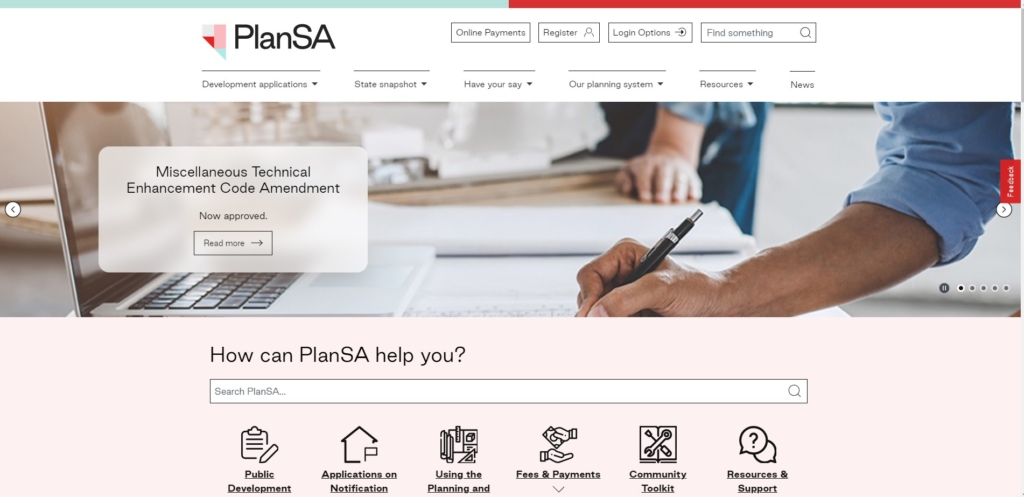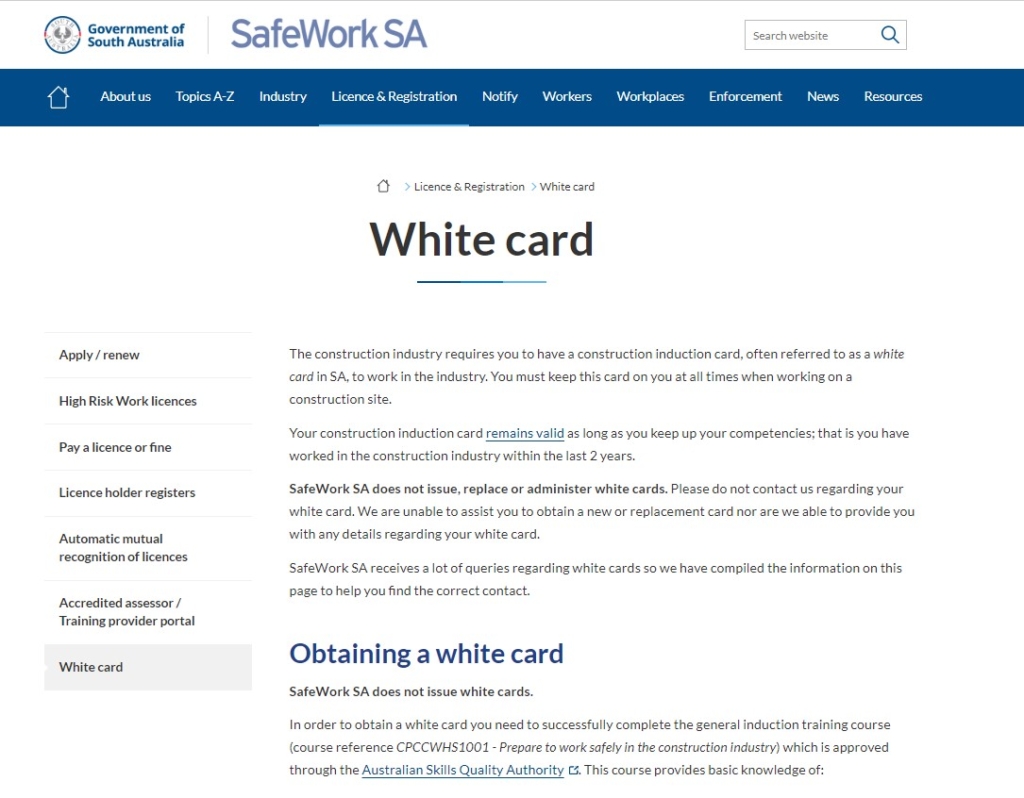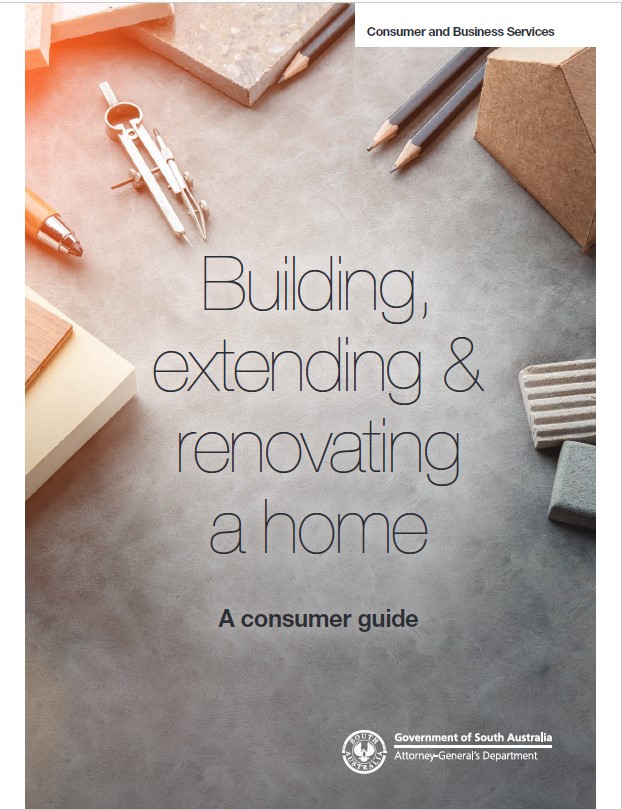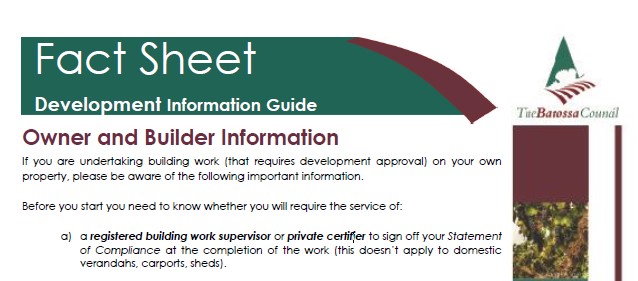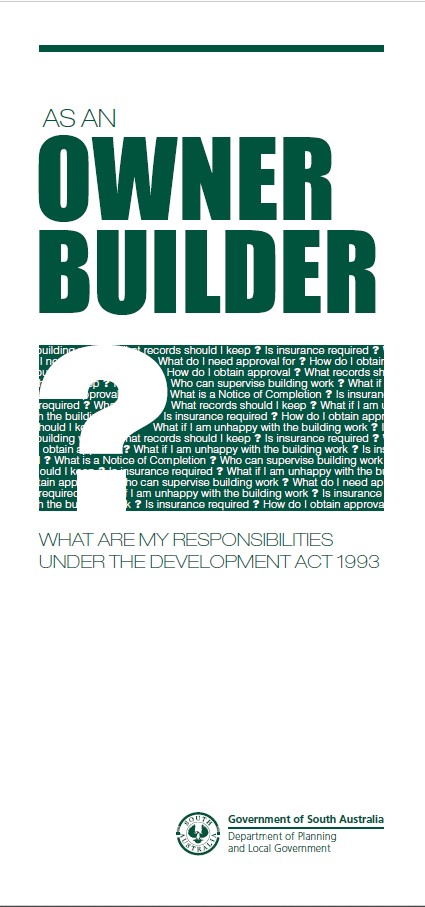Gain comprehensive insights on what an owner builder is from the CEO of the Owner Builder Centre, Greg Christodoulou, through an exclusive interview shown above. This interview covers everything you need to know to embark on the path of owner building.
Greg Christodoulou – CEO of Owner Builder Centre is a trainer with a construction law background, Greg and his team started Owner Builder Centre in 2010, helping to empower thousands of Australians to control their destiny by educating and training them how to be owner builders.
To Learn more about the Owner Builder Centre and their courses: click here
How to Become an Owner builder in South Australia
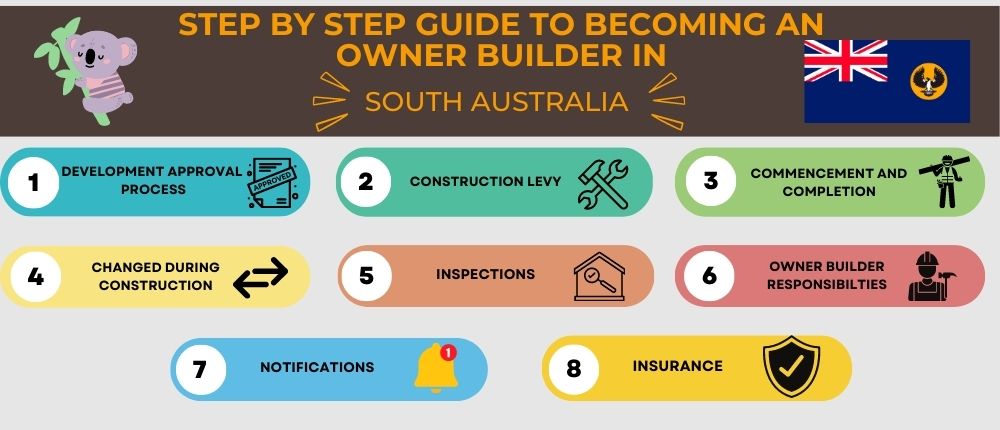
If you’re planning to build a home in South Australia, iBuild can help you become an owner builder with ease. Our Owner Builder step-by-step guide for South Australia provides essential information on being an owner builder in South Australia, including the role of South Australian Government. With this comprehensive guide and an iBuild kit home, you will have all the resources you need to become an owner builder in South Australia.
1. Development Approval Process
- Contact your local council: Reach out to your local council to understand their specific requirements and procedures for obtaining Development Approval.
- Submit the application: Prepare and submit the Development Approval application, including all required documentation and plans as per the council’s guidelines.
- Assessment and decision: The council will assess your application against the Development Plan and Building Rules. They may request additional information if needed. Once assessed, they will provide a decision on your application.
Click on the image Below To Go To Plan SA Website
2. Construction Industry Training Levy
- Payment requirement: If the estimated value of your building works exceeds $15,000, you must pay the Construction Industry Training Levy. The levy amounts to 0.25% of the value of the building works.
- Before Building Rules Consent: Ensure that the levy is paid before the council issues the Building Rules Consent.
Click on the image Below To learn More about getting your White Card in South Australia
3. Commencement and Completion
- Start building work: As an owner builder, you have 12 months from the date of Development Approval to commence the building work.
- Completion timeline: The construction must be completed within three years from the date of Development Approval. If needed, you can apply for an extension under specific circumstances.
Click on the image Below on to see South Australia's building consumer guide
4. Changes during Construction
- Material or method changes: If you decide to alter any material or method of construction during the building phase, you must contact the relevant authority.
- Pre-approval for major changes: Major changes that affect the structural soundness or safety of the building must be pre-approved by the relevant authority.
Click on the image Below on to see South Australia Owner Builder Fact Sheet
5. Inspections
- Building work supervisor or private certifier: Engage a registered building work supervisor or private certifier to oversee the construction from start to finish and sign a Statement of Compliance.
- Statement of Compliance: The Statement of Compliance consists of two parts. Part A, the Builders Statement, certifies that the building work is completed according to approved documentation. Part B, the Owners Statement, must be signed by the landowner.
- Random inspections: The council may conduct random inspections at various stages of the building process.
6. Owner Builder Responsibilities
- Trade qualifications and courses: Owner builders do not require formal trade qualifications or specific courses.
- Number of projects: There is no limit on the number of owner builder projects you can undertake. However, if you organize the construction or renovation of two or more buildings within a five-year period, you may be considered a building work contractor.
- Licensed professionals: Certain specialist work, such as plumbing, gas fitting, and electrical work, must be carried out by licensed professionals.
- Legislative requirements: Owner builders are responsible for meeting the same legislative requirements as licensed builders. You are accountable for the safety of all individuals on the construction site, as well as the actions of contracted workers or visitors.
Click on the image Below on to see South Australia's Owner Builder Responsibilities guide
7. Notifications
- Notifications to the council: Provide one business day’s notice to the council when commencing building work, completing the building work, and for any other stages of work specified in the Development Approval.
- Excavation and fill requirements: If excavating 600mm or more near a property boundary or placing 200mm or more of fill near the boundary, you must notify the owners of adjoining property in writing at least 28 days before commencing. Additionally, comply with any conditions imposed by the relevant authority.
8. Insurance
- Contract and insurance requirements: The Building Work Contractors Act 1995 mandates that owner builders have signed contracts with suppliers for all domestic building work costing $12,000 or more.
- Building Indemnity Insurance: Owner builders cannot obtain Building Indemnity Insurance themselves. However, licensed building work contractors must have this insurance for building work contracts costing $12,000 or more that require council consent. They must supply the owner builder with a certificate of indemnity insurance.
- Other recommended insurances: It is advisable to have Public Liability Insurance, Construction Insurance, and Householder Insurance in place during the building process.
- Please be aware that although this document is outdated, it may still contain some useful information. However, it is crucial that you consult the appropriate authorities, such as your local council or Plan SA, to confirm your responsibilities as an owner-builder.
You May Also Be Interested In
*The information provided on this webpage is for general information purposes only and should not be considered as professional advice.

